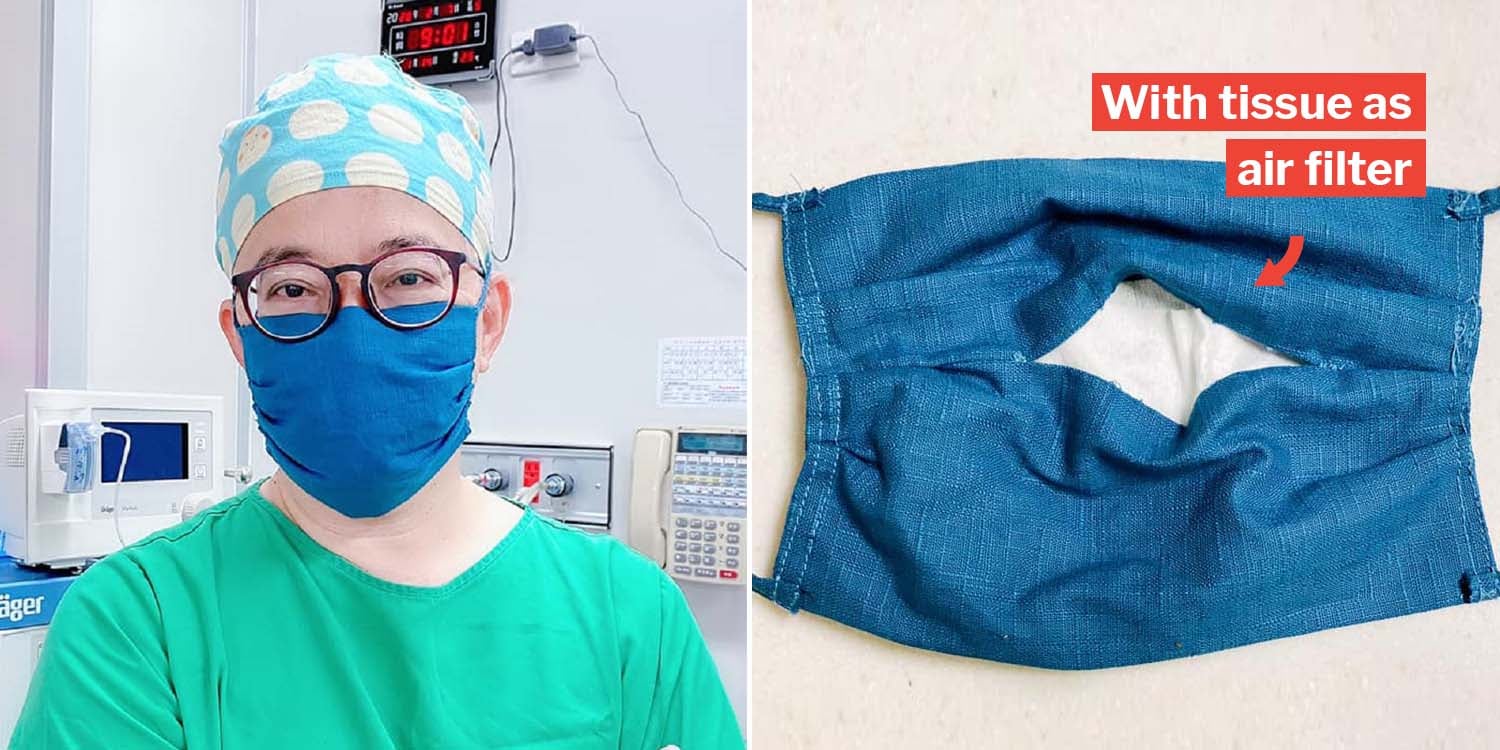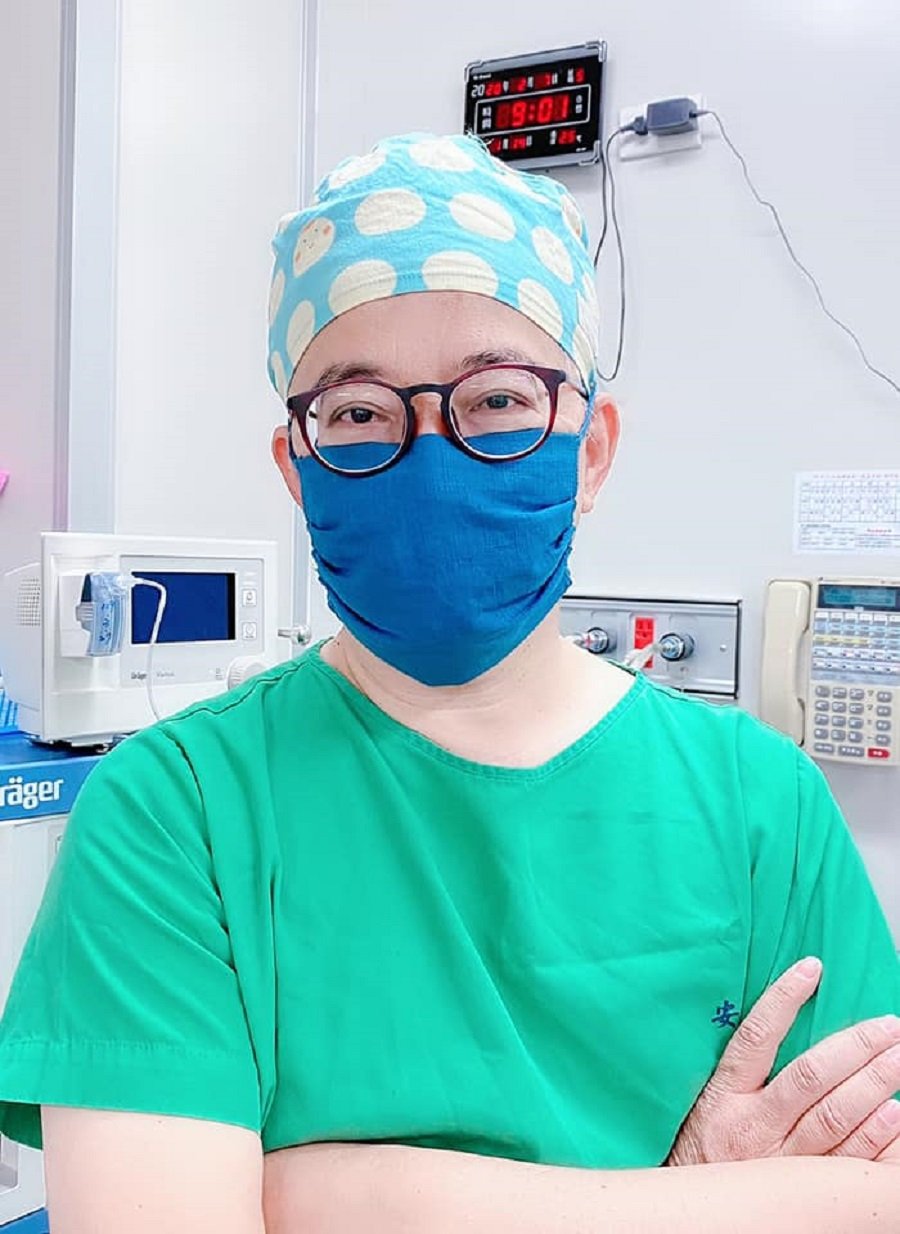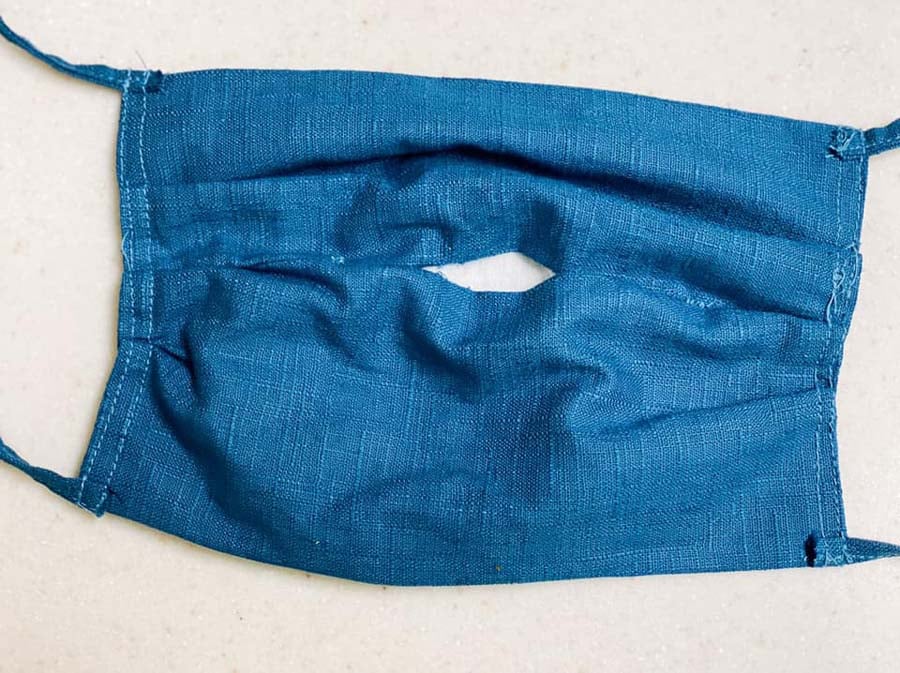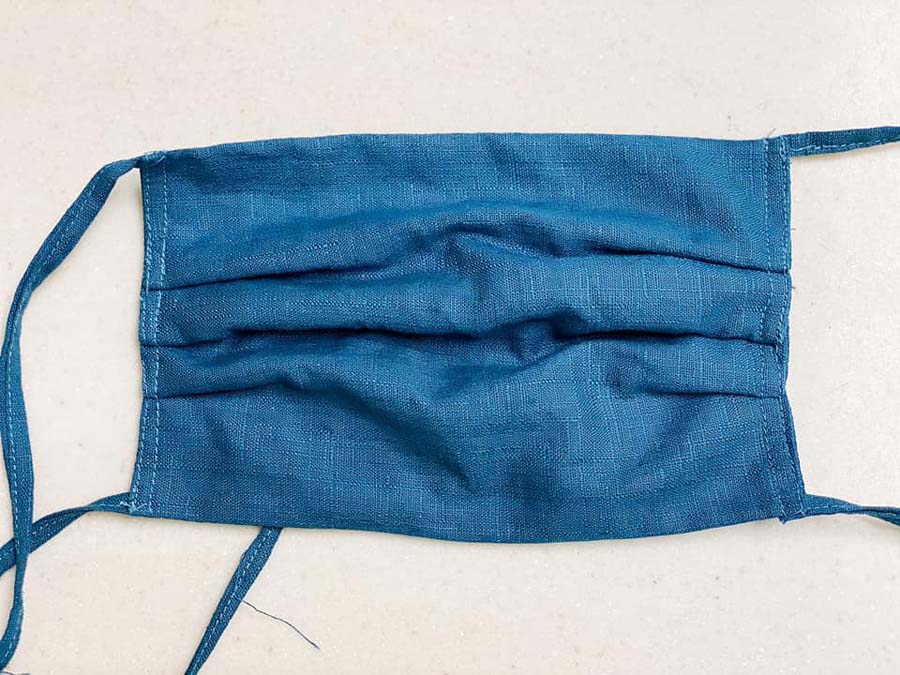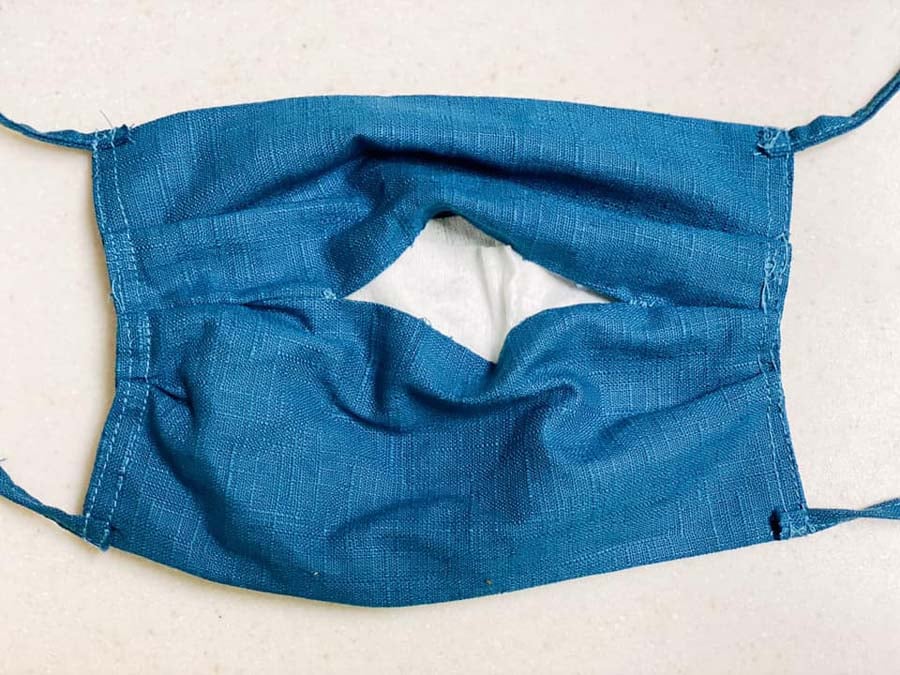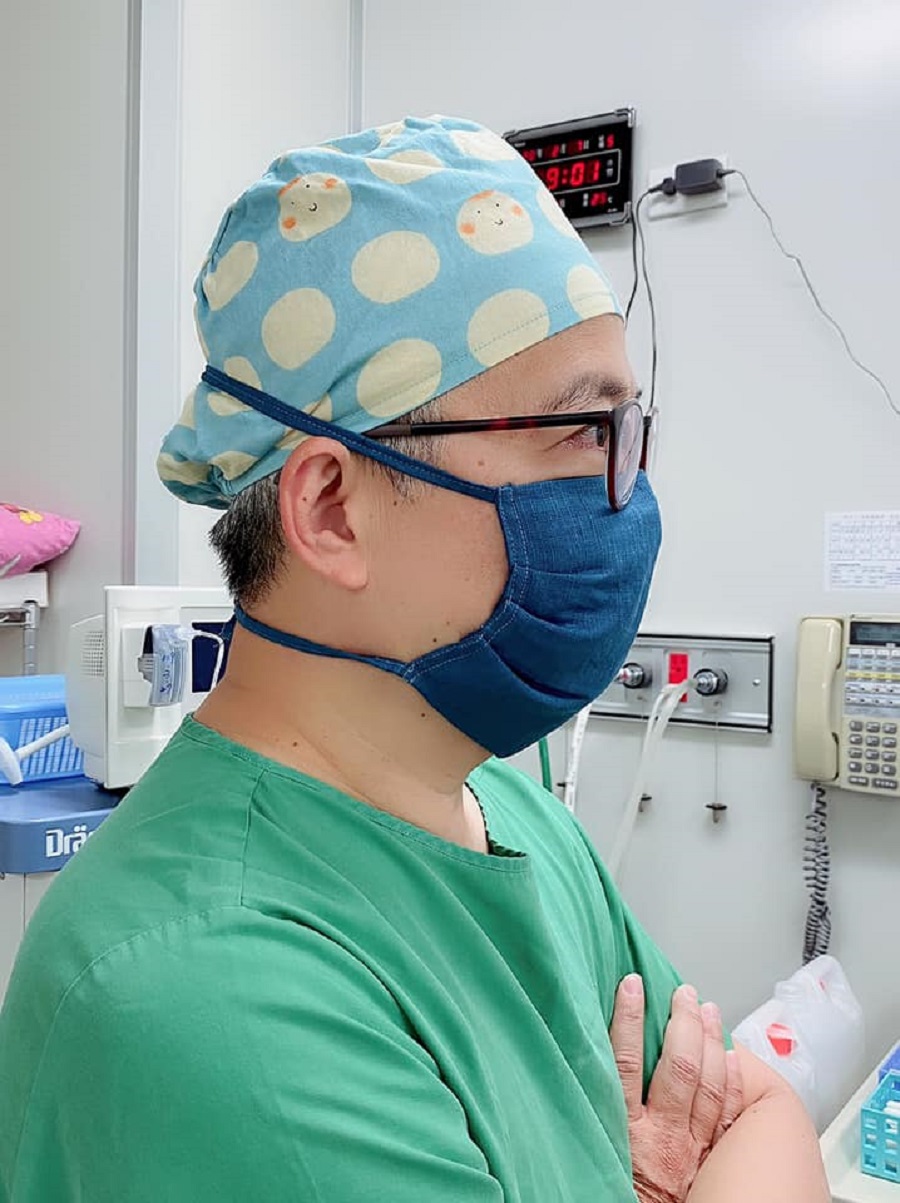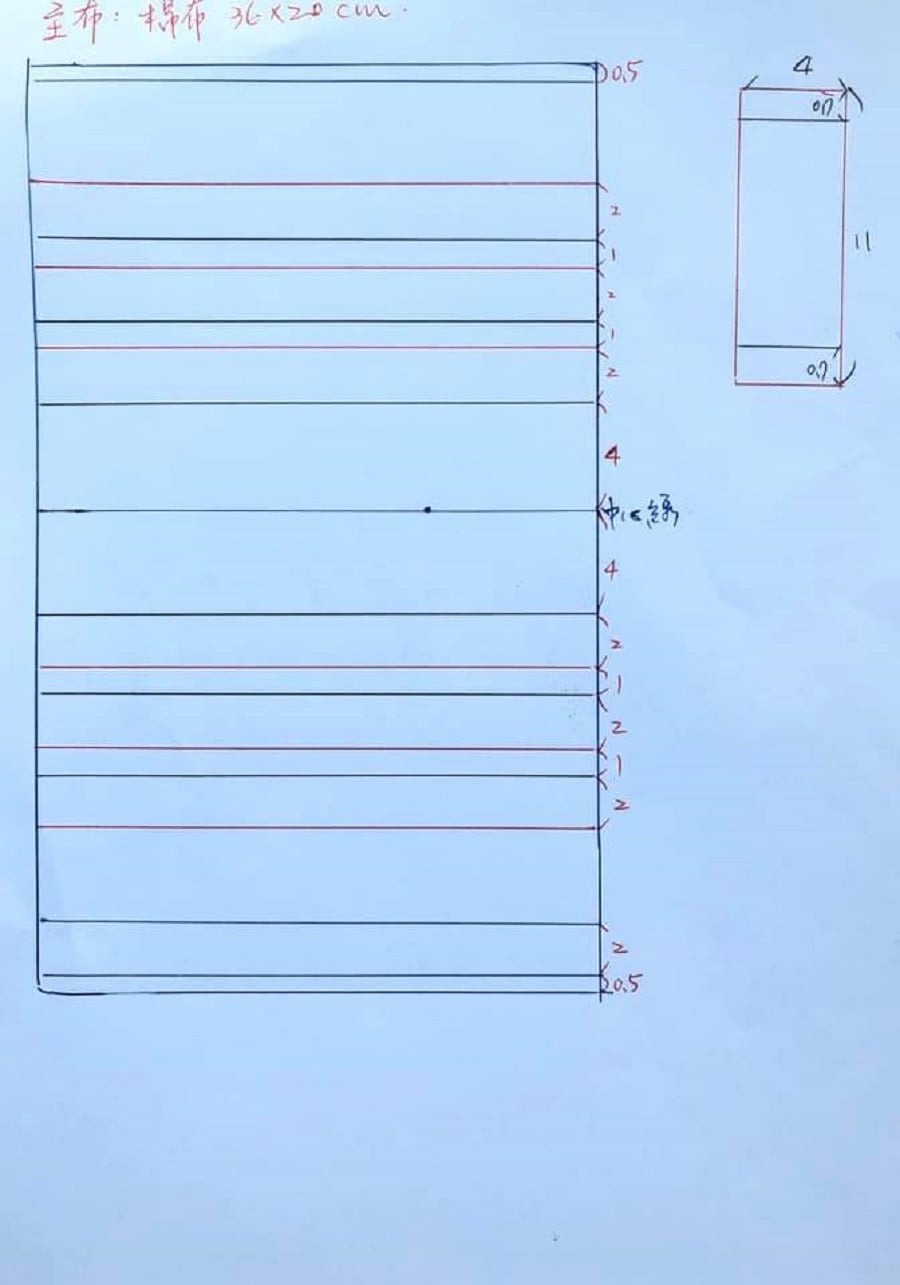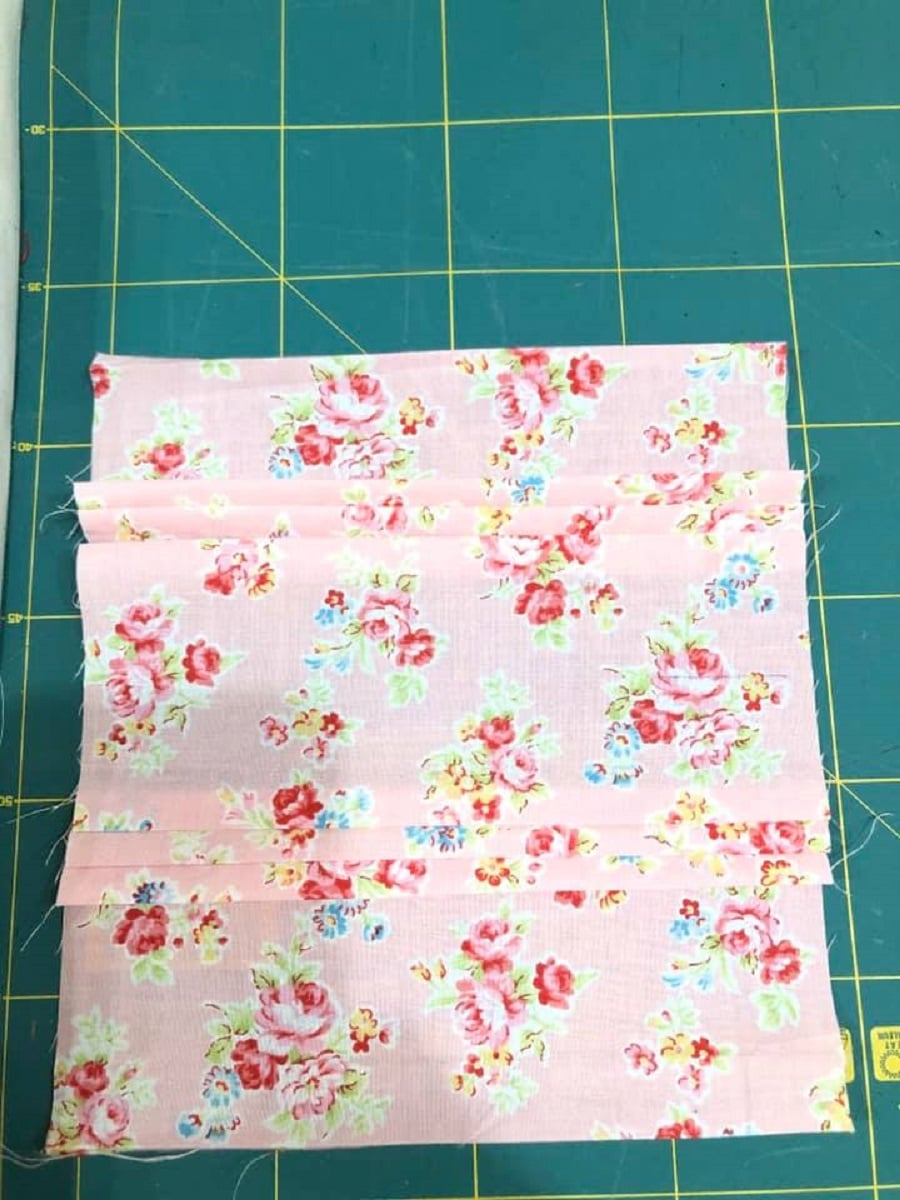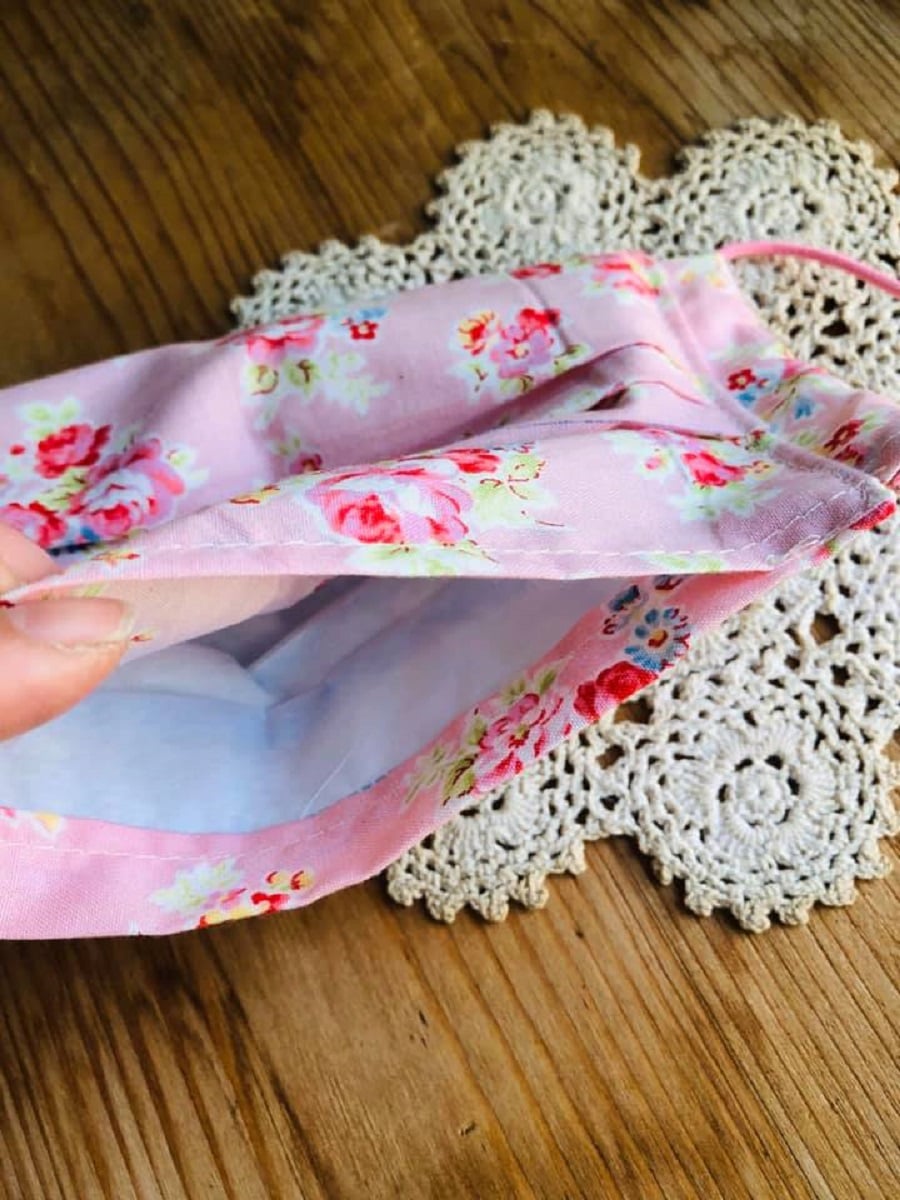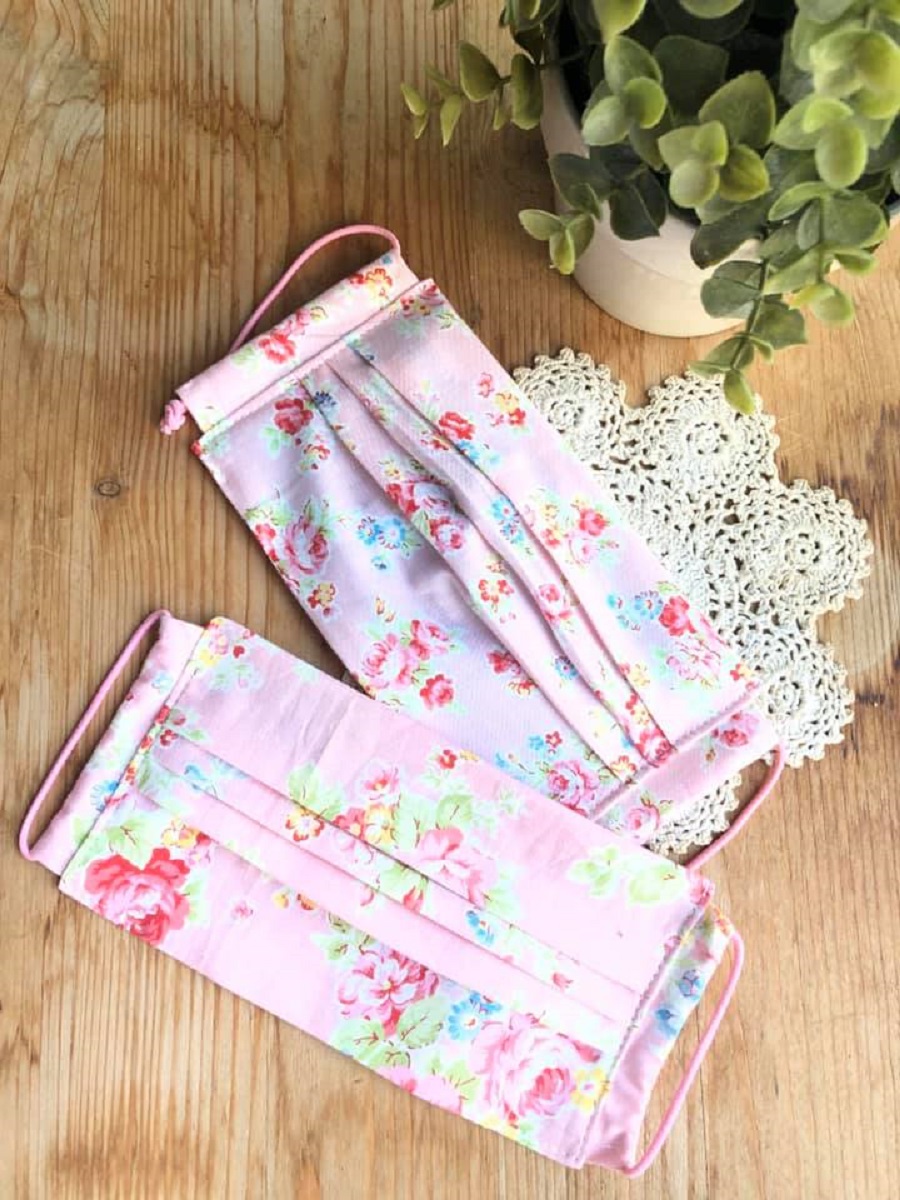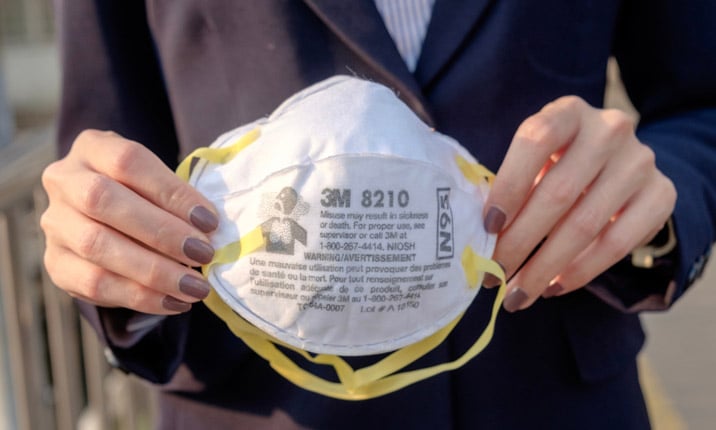Taiwanese Doctor Recommends DIY Cloth Face Mask With Air Filter
Face masks have been flying off the shelves, no thanks to the Covid-19 outbreak. One doctor has come up with a brilliant method to cope if you’re having trouble getting your hands on them.
He recommends a DIY solution instead.
On Wednesday (12 Feb), AsiaOne reports that Dr Chen Xiaoting, a Taiwanese anaesthesiologist, shared instructions on creating a cloth face mask on Facebook.
Unlike surgical masks, these face masks can be washed and used reused regularly.
Here’s how you can make your own.
Gathering components of surgical masks
Surgical masks are made from “melt-blown, non-woven fabric”. They have a 3-layer structure comprising materials like:
- Waterproof non-woven layer (front)
- Microfibre melt-blown non-woven fabric (middle)
- Ordinary non-woven fabric (back)
Dr Chen was able to make the cloth face mask work by adding an opening to place filters – also known as a microfibre melt-blown non-woven fabric – in the middle.
DIY face mask
In the Facebook post, Dr Chen highlights the 4-step process for creating a face mask.
- Buy cloth
- Find a tailor
- Get a surgical mask as a size sample for the tailor
- Place non-woven cloth as an air filter
He used a piece of blue cloth, measured at 30 x 105 cm, which was worth S$10.95 (55 yuan) per foot.
Afterward, he went to a tailor and after 30 minutes, the cloth face mask born.
This mask’s secret weapon lies in the middle layer. He inserted an item that could act as a filter or a “microfibre melt-blown non-woven fabric.”
The doctor placed a “non-woven cloth” in the opening of the mask. In this example, he inserted wet tissues that were dried, but using toilet paper is fine too.
People can also use “non-woven cloth” found in rags, diapers, gauze, wet tissues, tampons as filters too.
However, remember to replace this regularly with “new” cloth that has never been used before. Don’t save money on these air filters!
Why use cloth face masks?
Most masks are made in China to reduce costs. Hence, the threat of Covid-19 has effectively wiped out stocks in stores.
Dr Chen explains that the use of “cloth face masks” is not strange for veterans in the medical field.
He discovered that hospitals in the Thai-Myanmar border used it to avoid too much medical waste. Plus, it was environmentally friendly.
To wear or not to wear surgical masks?
The sealing effect of surgical masks is not 100% because oxygen still enters from the side of the mask. However, N95 surgical masks should only be used during important moments.
Dr Chen claims that there is no need to wear masks in low-risk environments because they cannot be worn for long.
He writes,
Normal people don’t need it! Those who have heart disease must never wear it.
Apparently, surgical masks can lead to breathing difficulties. He recalled that an old uncle was sent to an emergency department because of breathing difficulties due to his surgical mask.
Sewing face masks
Button Tree – a Taiwanese Facebook page – heeded Dr Chen’s advice and shared instructions on creating a handmade face mask.
First, get a piece of cloth and follow the pattern.
The process involves ironing and folding the cloth as shown on the pattern and placing 2 separate pieces of cloth for the sides of the mask.
Don’t forget to leave a pocket in the middle for the air filters.
The final product shows effective cloth face masks that you can use to combat the virus.
Interested tailors can view the full step by step instructions here.
Washing your hands is more important
We’ve been obsessed with finding effective masks to protect ourselves and our families. However, Dr Chen advised that washing hands is more important than wearing masks.
Locals may get the virus through contaminated surfaces, and then touching their eyes, mouth or nose with unwashed hands. Hence, remember to observe proper hygiene.
MS News also shared tips on proper handwashing and cleaning surfaces.
Covid-19 Spreads Via Surfaces Like Phones & Doorknobs, MOH Advises To Clean Them Often
N95 masks still recommended for medical workers
Please note that cloth face masks are not a proper substitute for surgical masks or N95 masks. Healthcare staff working in out-patient, ICU or operation rooms must still use N95 masks because they have close contact with a patient’s fluids.
Dr Chen hopes that more individuals in low-contact environments opt for cloth face masks so medical workers will have a supply of N95 masks that are necessary for their work.
Stay safe
With N95 masks disappearing in the market, cloth face masks may provide the public with protection against the virus.
In the meantime, wash your hands properly, avoid crowded areas and clean commonly touched surfaces.
How are you staying safe against the Covid-19 outbreak? Let us know in the comments.
Featured image from Facebook.
